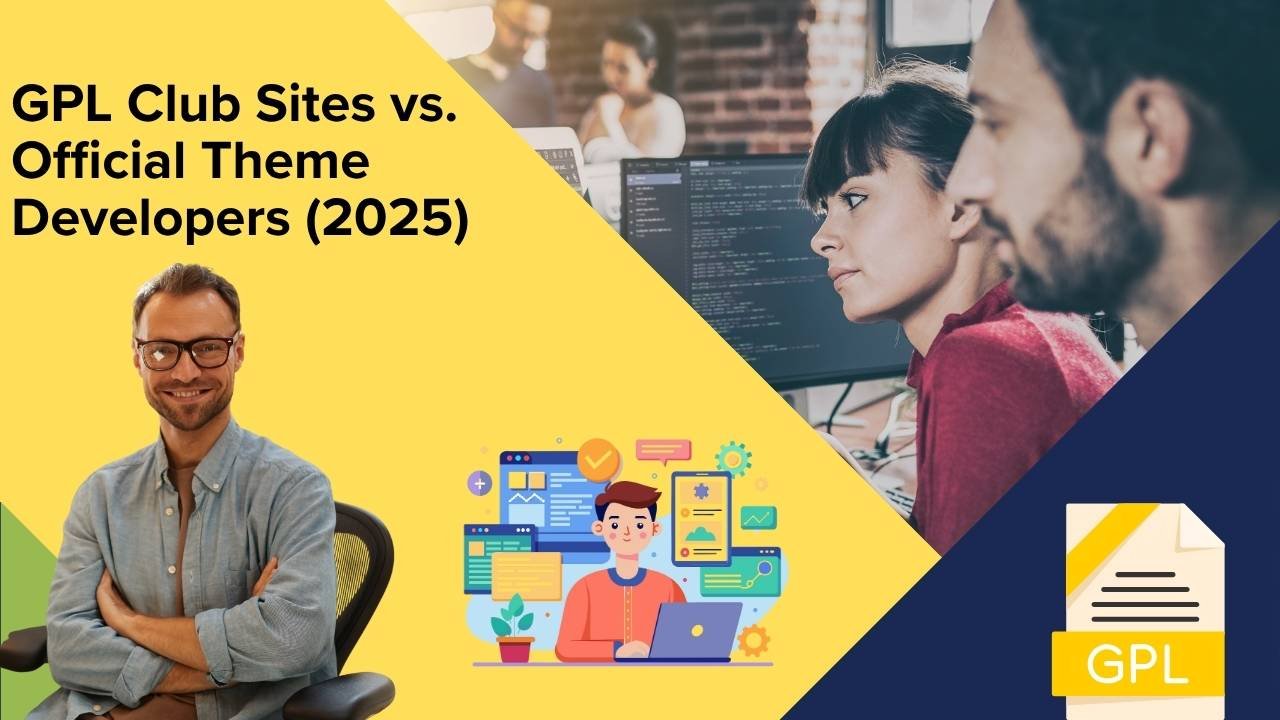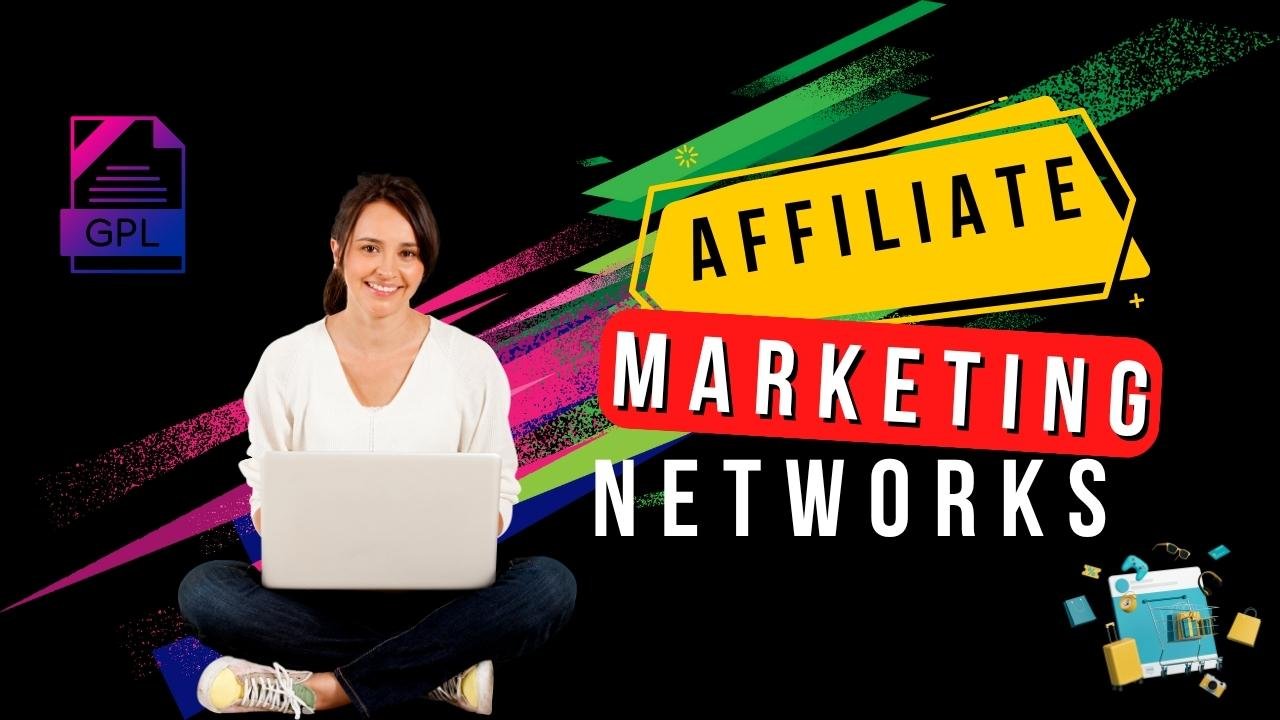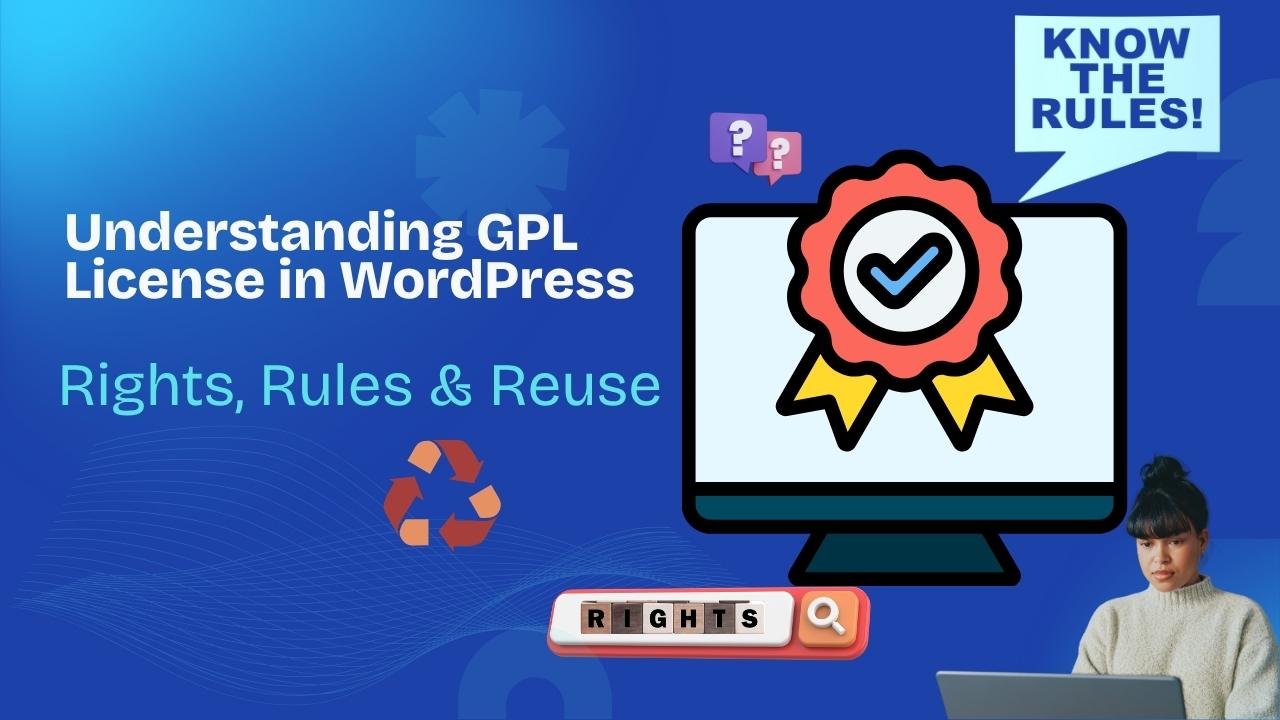Why Web Agencies Prefer GPL Theme Affiliate Programs Over Standard Licensing: Benefits & Risks

Discover why many web agencies favour GPL theme affiliate programs instead of standard licensing. Explore cost benefits, customization freedoms, potential risks, and FAQ answers to make informed decisions.
Introduction
Web agencies constantly juggle client budgets, deadlines, feature demands, and maintainability. One decision that can significantly affect all of these is whether to use themes/plugins under Standard Licensing or to acquire them through GPL theme affiliate programs.
Standard licensing usually involves proprietary or commercial licences that limit usage, impose per-site fees or restrictive terms, and often bundle in support and update guarantees. GPL (GNU General Public License), however, grants broader rights: to use, modify, share the code under the same license, and often with fewer constraints on domain/site count. Affiliate programs connected with GPL-theme suppliers give agencies a way to both use themes/plugins and/earn commissions by promoting them.
In this post, I explore why many web agencies prefer GPL theme affiliate programs over standard licensing. I’ll also cover risks, best practices, and answer common questions.
Why Web Agencies Lean Toward GPL Theme Affiliate Programs
Below are key reasons why agencies often prefer GPL affiliate programs
- Lower Cost of Entry & Predictable Costs GPL-affiliate programs often offer premium themes/plugins at significantly reduced cost compared to standard licence purchases per site or domain. Agencies can avoid repeated licensing fees. This helps especially with smaller projects or when scaling up many sites.
- Unlimited / Multiple Site Usage Many GPL licences permit using the theme/plugin on unlimited client sites without needing separate licences. This removes friction and cost overhead, especially when maintaining portfolios of websites.
- Flexibility To Modify & Customize GPL licensing explicitly allows modification of source code. Agencies that need to customize theme behavior, performance, or design are not bound by restrictive terms of proprietary licenses.
- Affiliate Earnings & Additional Revenue Streams Combining GPL theme usage with affiliate programs allows agencies to monetize recommendations. If the GPL affiliate program offers commissions, agencies can recommend themes/plugins to clients or other agencies, blogs, or partners, earning recurring or one-time commissions.
- Speed & Efficiency With fewer licensing hurdles (activation keys, per-site fees, etc.), agencies can deploy fast. Having access to GPL-licensed libraries/themes simplifies procurement. Time saved can be better spent on customization or marketing.
- Better ROI on Tools & Licensing Since GPL often allows reuse, modification, and redistribution (within license terms), agencies get a better return on investment for each theme/plugin. They can amortize costs over many sites.
- Alignment With Open-Source Community / Philosophy Many in the WordPress sphere believe in open source: that code should be shareable and modifiable. GPL complies with that. For agencies that value transparency, community contributions, or long-term sustainability (including security patches by the community), GPL fits well.
Risks, Challenges & What To Watch Out For
Before choosing the GPL affiliate route, agencies must be aware of potential downsides and legal or ethical issues.
- Support & Updates May Be Weak or Non-existent Many GPL-affiliate sources do not provide the same level of official support or timely updates as the original theme/plugin developer. When a security flaw arises, you may need to patch it yourself or wait for community fixes.
- Quality & Security Risks Some GPL-licensed packages from affiliates might be modified, bundled incorrectly, or have hidden vulnerabilities. It’s essential to verify authenticity, ensure code integrity, scan for malware, and ideally use trusted sources.
- Legal/Ethical Gray Areas Even though GPL allows redistribution, sometimes themes/plugins include other assets (images, fonts, JS, CSS) that may have separate licensing. Also, some affiliate operations might resell something without respecting the full original licensing (or violating terms of service). Agencies could face legal risk or reputational damage.
- Lack of Premium Features or Licensing Keys Some themes/plugins have premium features that only activate via licensed keys or APIs. GPL versions may lack these, or updates may not be accessible without the original license.
- Client Expectations & Transparency Clients may expect official support, lifetime updates, warranty, etc. If using GPL themes from affiliate sources, agencies need to set expectations clearly. If something fails, the agency may be responsible.
- Compliance & Maintenance Overhead Keeping all themes/plugins updated, maintaining security, making custom fixes, and ensuring legality can take internal effort. If improperly managed, technical debt or security holes may accumulate.
How GPL vs Standard Licensing Compare
Feature | Standard Licensing | GPL Theme Affiliate Program |
Usage per site/domains | Often restricted; separate licences per domain/site | Usually unlimited usage across multiple sites |
Modification | May have restrictions; might require preserving some parts unchanged or using licensed-key-only features | Full modification allowed (license terms permitting) |
Support & updates | Typically included, official, SLA type | Variable; may not include premium support; updates could lag |
Cost | Higher, recurring, or per-site support/license fees | Lower cost, sometimes via subscription; affiliate commissions may offset cost |
Legal guarantee | High, provided via vendor license; often with warranties | Dependent on source; legal risk if components are not fully GPL or include non-GPL assets |
Revenue / Affiliate Potential | Limited if you are only a buyer | High: You can also earn by promoting themes/plugins |
Community / Open Source benefits | Less; sometimes closed source for parts | More aligned with open source values: sharing, transparency, community contribution |
Best Practices for Agencies Using GPL Affiliate Programs
If an agency decides to use GPL affiliate programs, here are some strategies to mitigate risks
- Use trusted sources only Verify that the affiliate program or theme provider is legitimate, not distributing malware or nulled versions.
- Inspect code & test Before deploying to live client sites, thoroughly test the theme/plugin; audit for security vulnerabilities.
- Clarify what’s included Especially about updates, premium features, licensing keys, etc.
- Document licenses & rights Keep records of GPL licences, whether ancillary assets are GPL or have different licences.
- Set client expectations Be transparent about what support is available, how updates will be managed, and what you will/won’t guarantee.
- Maintain backups and version control Because updates may not always arrive, having backups is crucial.
- Use GPL-friendly themes when possible Choose themes/plugins that are fully GPL or have clear GPL portions. Envato, for example, offers “100% GPL” options for some items.
Case Examples & Credible Affiliate Programs
Some programs illustrate what agencies are doing:
- GPL Ji offers commissions (up to ~50%) for affiliate referrals of GPL themes/plugins and membership plans
- GPL Trust has an affiliate program giving ~40% on purchases, with tracking for 30 days.
- DDGPL Affiliates provides recurring commissions and a wide product range.
These show real-world affiliate options; agencies evaluating these should perform due diligence.
Conclusion
GPL theme affiliate programs offer compelling benefits to web agencies: cost savings, usage flexibility, potential for extra income, and alignment with open source values. However, they also come with risks: weaker support, possible security vulnerabilities, and legal/ethical complexities.
For agencies, the optimal approach might be hybrid: use standard licences for mission-critical or high-visibility client work, while leveraging GPL affiliate programs for lower-risk, lower-budget, or experimental projects. Whatever path is chosen, transparency with clients, careful source vetting, and security vigilance are essential.
Top 10 FAQs
- What exactly is the GNU GPL, and what rights does it grant? The GPL (GNU General Public License) is a free software license that allows users to run, study, modify, and redistribute software, provided that all copies and derivative works are licensed under the same GPL terms.
- Is it legal to use GPL-licensed themes/plugins on client websites? Yes—so long as the theme/plugin is legitimately under GPL and you comply with its terms (e.g., preserving attribution, licensing for derivatives). But ensure that ancillary assets (images, fonts, etc.) are also suitably licensed.
- Will clients lose out on support if we use GPL affiliate sources? Possibly. GPL affiliate providers often do not supply vendor-level support. Extra work may fall on your agency. Always check what support and updates are included.
- What’s the difference between GPL-licensed and proprietary standard licensing? Proprietary licensing often restricts usage (e.g, per domain/site), modification, and redistribution; may include licensing key restrictions, support fees, etc. GPL gives more freedoms but fewer guarantees from authors.
- How can agencies ensure GPL themes/plugins are secure? Use reputable sources; inspect code; keep everything updated; run security scans; avoid “nulled” or unknown packages; maintain backups.
- Can GPL themes/plugins be used for commercial work? Yes. GPL does not forbid commercial use. You can charge for services built using GPL components, as long as GPL obligations (especially when distributing code) are met.
- What are the risks of GPL affiliate programs?
- Poor or delayed updates
- Missing premium features tied to keys/licensing
- Legal ambiguity or licensing violations, especially with non-code assets
- Security vulnerabilities
- Client dissatisfaction if expectations are mismanaged
8. When should an agency choose standard licensing instead of GPL affiliate options?
- For large, mission-critical, or highly visible client projects
- Where certified support, warranties, and guaranteed updates are needed
- When the client demands official/licensed versions for regulatory or branding reasons
9. How to check if a theme/plugin is truly under GPL?
- Check the licence file inside the package for GPL text.
- Confirm code parts (especially PHP) have the PL header.s
- Inspect vendor or author documentation.on
- If from marketplaces, see whether the item is marked “100% GPL” (e,.g. Envato offers this for items)
10. Can agencies combine both models to maximize advantages?
Yes. A hybrid strategy often works best. Use standard licensed products for high-importance sites; use GPL-affiliate-sourced ones for side projects, prototypes, or internal tools. This balances cost, risk, and quality.
GPL Club Sites vs. Official Theme Developers (2025): Which WordPress Source Is Safe and Worth It?
When you start exploring WordPress themes, one term that quickly appears is “GPL.” You’ll also find GPL club websites promising…
Best Affiliate Marketing Networks & Offerings for GPL WordPress Themes & Plugins in the US/UK (2025)
Looking to monetize GPL WordPress themes and plugins? This 2025 guide compares top affiliate networks (Awin, CJ, ShareASale, impact.com, PartnerStack)…
Best Practices for U.S. Affiliate Marketers Promoting GPL WordPress Themes & Plugins (2025 Guide)
Learn the top strategies for U.S. affiliate marketers to promote GPL-licensed WordPress themes and plugins ethically and profitably. Discover marketing…
Understanding GPL License in WordPress (2025): Complete Beginner’s Guide to Rights, Rules & Reuse
Introduction Learn everything about the GPL License in WordPress — what it means, why it matters, and how it impacts…





